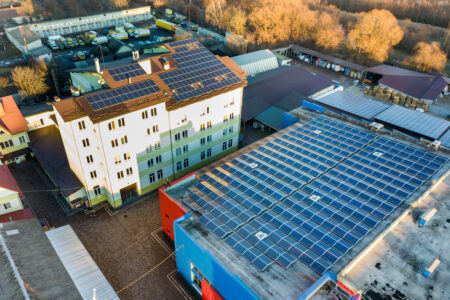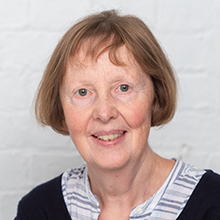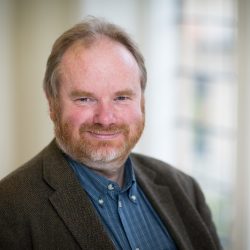Beyond the pilots, a diverse world of local energy system pioneers exist across the UK

The Asterix cartoon books always famously began with the statement that “Gaul is entirely occupied by the Romans… Well, not entirely. One small village still holds out…”
Sometimes, the world of smart local energy systems (SLES) in the UK feel a little like that. The ‘villages’ of pilot projects, exploring how to create multi-vector energy systems at local scale, are surrounded by the UK’s famously centralised energy system which operates at a national scale and with markets and regulation of different energy vectors (e.g. heat, power, mobility) kept strictly separate. While – unlike in Asterix – the experimental pilots and demonstrators are funded and approved by the authorities, and are understandably the focus of much research activity, they are still sometimes seen as isolated and very different from the world beyond.
Yet, in fact, there are local energy systems, of varying degrees of ‘smartness’, all around the country that are up and running on a ‘business as usual’ basis. They are still a small proportion of the UK’s energy system overall, but they exist, and they are more widespread than might first appear. An understanding of what they do, who runs them, and who uses them, can complement the learning from pilot and demonstration projects, and help inform next steps in policy, regulation and practice.
As part of our EnergyREV research we interviewed operators or developers from 29 local energy systems across the UK, to ask them: what their systems do?; who runs them? and who uses them?; and how, despite going somewhat against the grain, they manage to survive in the UK?
We found a great diversity of types, shapes and sizes of system. The full results of this research will soon be available in an EnergyREV report, presenting data and analysis of the economic, social and environmental aspects of these systems’ business models.
Other news stories
Associated people

Sarah Darby
View Sarah's details
Malcolm McCulloch
View Malcolm's details

